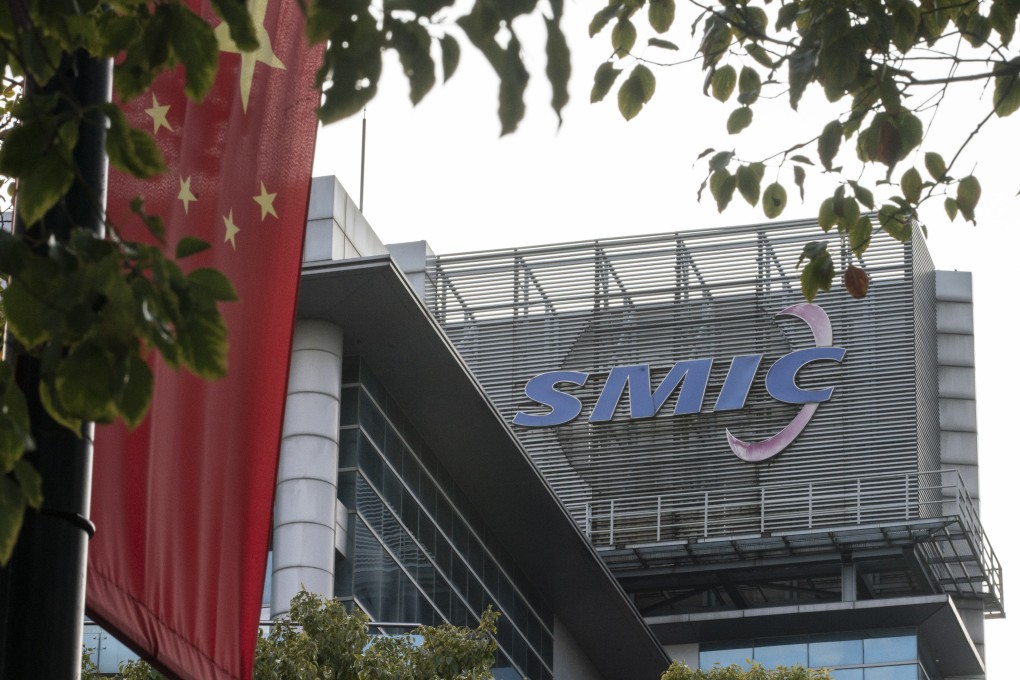SMIC joins Shenzhen government in US$2.35 billion chip foundry as China pushes for self-sufficiency in semiconductors
- SMIC and a government fund will back the project, with the Shanghai-based foundry taking a 55 per cent stake and the Shenzhen fund holding 23 per cent
- Despite US sanctions, SMIC reported record-high full-year results of US$3.91 billion last year on robust demand for semiconductors in consumer electronics

China’s leading chip maker Semiconductor Manufacturing International Corporation (SMIC) said it has entered into an agreement with the Shenzhen government to build a new wafer fabrication plant in the southern tech hub, adding more capacity amid a global chip shortage.
SMIC Shenzhen will focus on mature chipmaking technologies of 28-nanometer and above, with the aim of producing 40,000 12-inch wafers per month, according to a stock filing from SMIC on Wednesday. Production at the new factory is expected to begin in 2022.
SMIC and a Shenzhen government-backed investment fund will invest a total of US$2.35 billion in the facility, with the Shanghai-based foundry taking a 55 per cent stake and the Shenzhen fund holding 23 per cent.
“By seizing the opportunity in Shenzhen to develop the integrated circuit industry, the project can meet growing market and customer needs, and promote our development,” SMIC said in a statement issued late Wednesday.
In November 2020, the China Semiconductor Industry Association said it expected the country to be self sufficient in 28-nm technology within two years. The 28-nm node is considered the sweet spot between low-to-mid-range chips and the mid-to-high-end, which has now become more difficult for Chinese fabs given US restrictions.
The 28-nm node, introduced by Taiwan Semiconductor Manufacturing Corp (TSMC) in 2011, moved into volume production for smartphones three years later. In August 2015, SMIC announced it was using 28-nm technology to manufacture Snapdragon 410 processors for US chip giant Qualcomm.